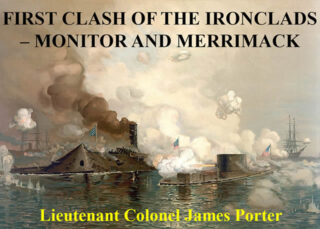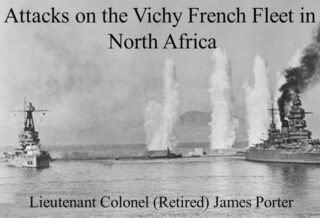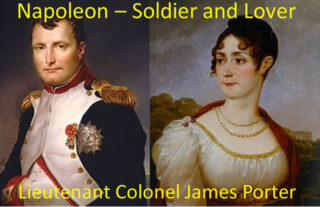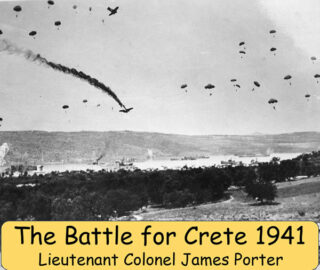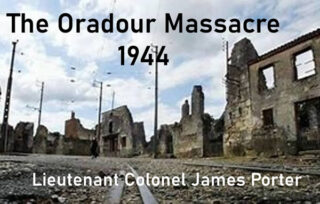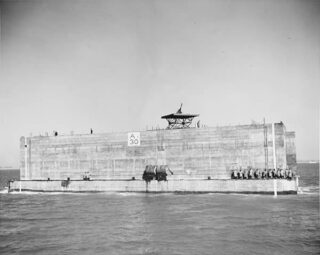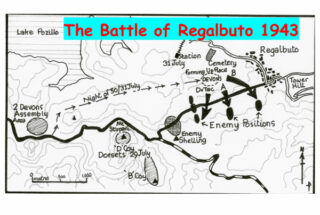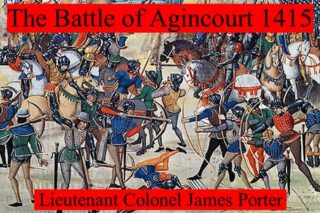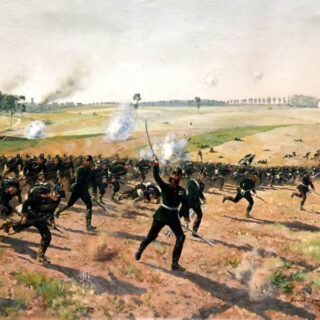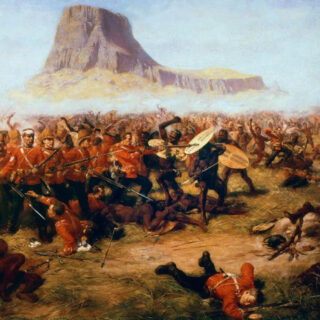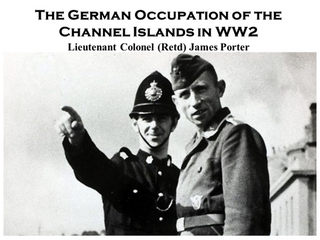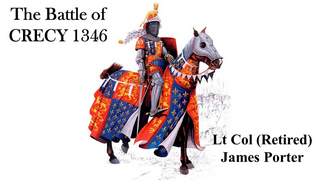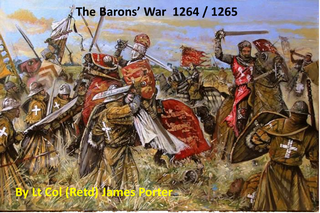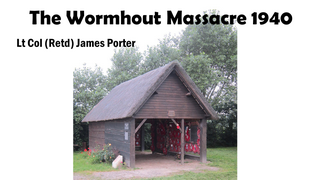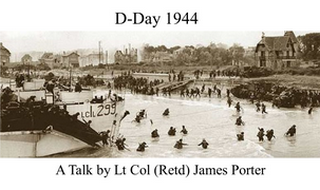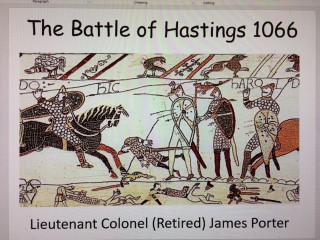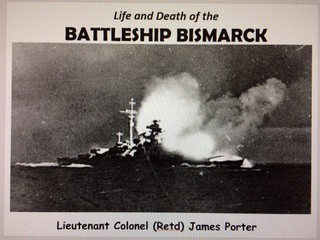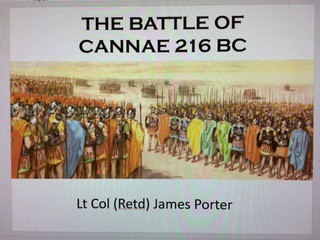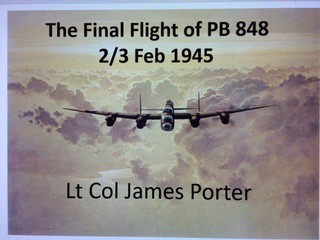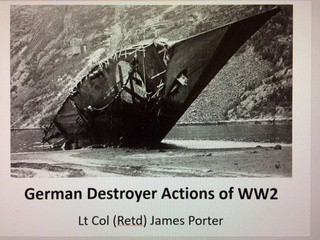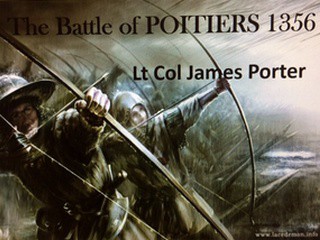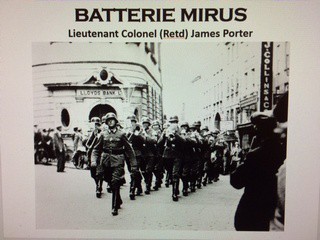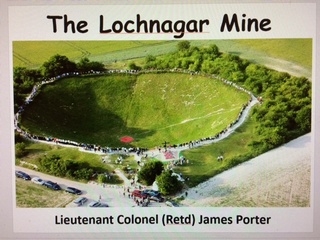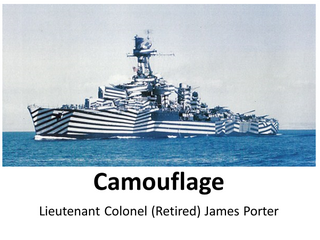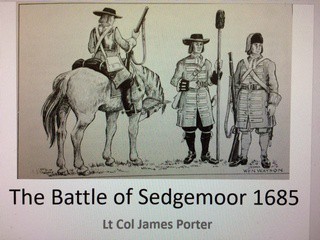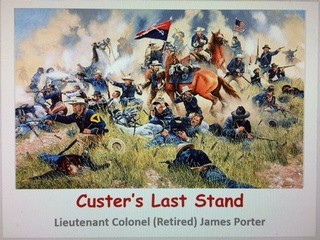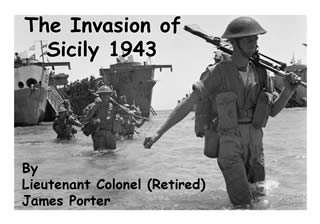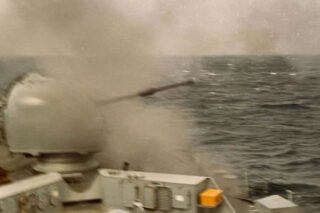About The Speaker...
I am a retired Army Lieutenant Colonel, originally from Guernsey in the Channel Islands. I retired in 2011 after 41 years service which took me to Northern Ireland, West Germany, Berlin, Norway, Cyprus, Falkland Islands, Belize and sub-Saharan Africa. After 2 years at the Royal Military Academy Sandhurst I have commanded an infantry platoon, company and battalion, attended the Army Staff College, been an instructor at Sandhurst, and spent 3 years testing and selecting potential army officers, plus 2 tours of duty in the Ministry of Defence. I now divide my time between working as a freelance yacht skipper/instructor and membership of village committees, as well as being Chairman of my local Royal British Legion branch. I also created and run a Military History Group that meets monthly in Dorchester. Coming from a military family, I have been interested in military history all my life and have led, organised or participated in various battlefield tours and am an associate member of the International Guild of Battlefield Guides.
About my Talks...
All my talks are profusely illustrated by colour and b/w slides on PowerPoint, sometimes with film. Talks are normally between 30 minutes and 60 minutes duration (but may be adjusted up or down to suit), and I welcome questions from the audience.
I can supply laptop and projector, but will need a projection screen (or wall) and a table on which to place a projector – if you have your own equipment: so much the better! For large venues a microphone would be appreciated.
My talks can be presented virtually (zoom).
Fee:
My fee is £50. If venue is more than 20 miles from Sturminster Newton, Dorset (DT10 2DF) I charge an additional £ 0.35 per mile.
I will normally travel within 50 miles – Dorset, East Devon, South Somerset, West/South Wiltshire, West Hampshire, though would be prepared to consider greater distances.



